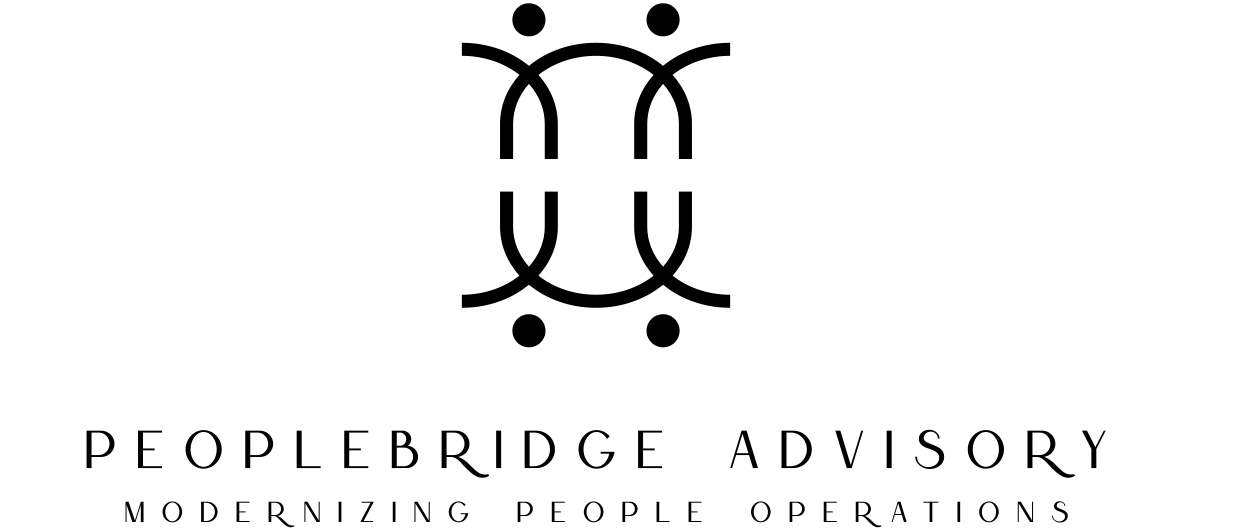Welcome to the world of proactive desk management, where the power to prioritize and decide what falls off your plate is in your hands. As professionals, we often juggle countless tasks, but not all work will get done – and that's okay. Embrace the art of prioritizing continually and learn how to own your desk effectively.
Understanding Your Workload
The first step to owning your desk is understanding your workload. This means taking stock of all your responsibilities and assessing their impact on your goals. Not all tasks are created equal; some will drive success more than others. Learn to differentiate between urgent tasks and those that contribute to long-term objectives.
Begin by listing out your current projects and daily duties. Which ones align with key company outcomes? Which ones fall into the category of 'nice to do' but aren't critical? Recognize that acknowledging the full scope of your workload is the precursor to effective prioritization.
Prioritize Continually
To truly own your desk, you must become adept at prioritizing tasks on an ongoing basis. The landscape of work changes rapidly; what was important yesterday may not hold the same weight today. Prioritization isn't a one-time event; it's a continuous process that requires flexibility and adaptability.
Develop a system that allows you to evaluate tasks regularly. Whether it's a weekly review or a daily check-in with yourself, ensure that you're always working on what matters most. Employ tools like priority matrices or digital planners to keep track of shifting priorities without dropping the ball.
Embrace the Art of Delegation
Owning your desk doesn't mean doing everything yourself. On the contrary, smart delegation is a hallmark of successful time management. Identify tasks that can be handed off to others without sacrificing quality or outcomes. By delegating effectively, you free up space on your desk for high-impact work only you can do.
Consider each team member's strengths and assign tasks accordingly. Communicate clearly about expectations and deadlines, ensuring everyone is on the same page. Delegation also empowers others, giving them opportunities for growth while helping you manage your workload more efficiently.
Saying No Is an Option
A critical aspect of owning your desk is learning when to say no. Not every request or task deserves a place on your already full plate. It's essential to assess new tasks against current priorities and be willing to turn down additional work when necessary.
Saying no is not about shirking responsibility; it's about protecting your time for what truly matters. It demonstrates an understanding of your capacity and a commitment to quality over quantity. Remember, saying no allows you to say yes to opportunities that align with key goals.
Navigating Unforeseen Challenges
No matter how well you plan or prioritize, unforeseen challenges will arise. Owning your desk means being prepared for these disruptions and handling them with grace. When emergencies occur, reassess priorities quickly and adjust plans as needed without derailing progress on other fronts.
Stay calm during these moments and lean on established prioritization principles to guide decisions. Keep communication channels open with stakeholders about changes in plans or delays in deliverables due to unexpected hurdles.
Summary
Owning your desk is about making informed decisions regarding what gets done and accepting that not all work will get completed—and that's perfectly fine. By understanding your workload, prioritizing continually, mastering delegation, saying no when necessary, and navigating unforeseen challenges gracefully, you can maximize productivity while maintaining control over your professional life.
We invite you now to explore our website further and discover how our insights can help empower you in owning not just your desk but also carving out a path toward greater workplace efficacy and personal satisfaction.


